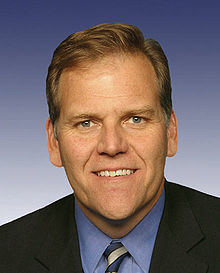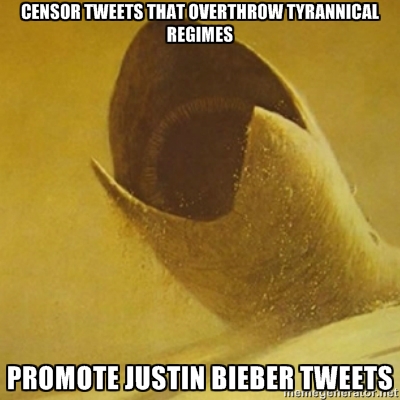This piece is cross-posted on Microsoft Research New England’s Social Media Collective Research Blog.
In her recent post here on the Cyborgology blog, Jenny Davis brought the pervasive use of Facebook as a study site back into conversation. In brief, she argued that “studying Facebook—or any fleeting technological object—is not problematic as long as we theorize said object.” The take away from this statement is important: We can hope to make lasting contributions to research literature through our conceptual work – much more so than through the necessarily ephemeral empirical details that are tied to a time, a place, and particular technologies.
In this post, I want to give a different yet complementary answer to why it may be a problem if our research efforts are focused on a single study site. This is regardless of whether it is the currently most popular social network site or an already obsolete technological object. more...









